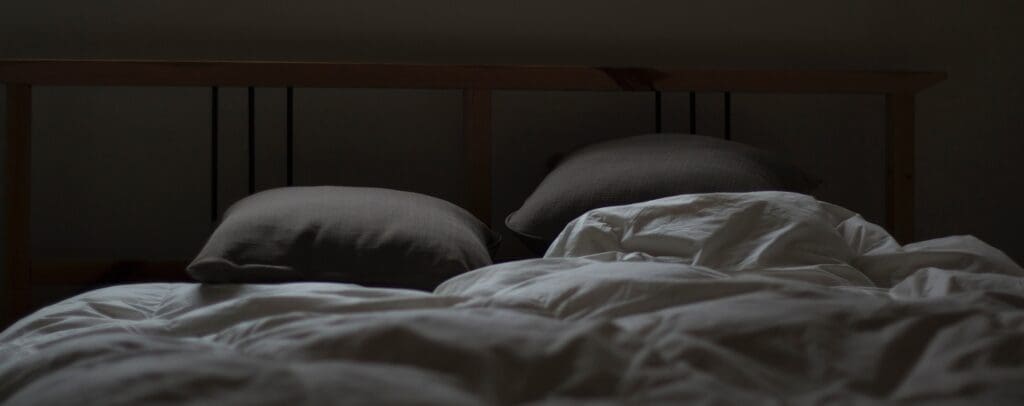What is Sleep Apnea?
If you regularly wake in the middle of the night gasping for breath, experience excessive daytime tiredness, or have developed mood swings, you may suffer from sleep apnea.
Sleep apnea is a disorder that is primarily characterized by the involuntary halting of breathing while asleep. The most common type of the condition is obstructive sleep apnea (OSA). OSA occurs when your throat muscles relax, collapsing the airway. According to the American Sleep Apnea Association, sleep apnea affects more than 18 million Americans.
This condition not only affects your sleep and daily activities but can have a long-term impact on your health.
What Causes Sleep Apnea?
There are a variety of factors that can contribute to patients developing OSA.
In adults, one of the most common causes of sleep apnea is obesity. There are also a variety of biological factors that can cause sleep apnea to occur, such as an enlarged tongue or tonsils.
While you may not know the cause of your condition, there are common signs that should prompt you to seek professional medical attention.
What are Sleep Apnea Symptoms?
Snoring and sleep disturbances are often signs of obstructive sleep apnea, and your oral health could be to blame. Dry mouth can also be a sign of sleep apnea since it tends to make you breathe with an open mouth, drying out your saliva while also creating an environment for bacteria to grow. Some awaken with a headache, which may be caused by low oxygen or high carbon dioxide levels during sleep.
The first sign of sleep apnea is often tooth grinding (also called bruxism). Dentists look for worn tooth surfaces, a sign that a patient grinds his or her teeth. Grinding can cause tooth wear and breakage as well as inflamed and receding gums. A spike in cavities can also be a sign of grinding because the force damages teeth, making them susceptible to cavity-causing bacteria. A small jaw, tongue with scalloped edges, or redness in the throat (caused by snoring a lot, which are more sleep apnea symptoms) are also signs.
What Toll Does Sleep Apnea Take On Your Health?
Gasping for breath causes people to wake up repeatedly, which diminishes sleep quality and causes fatigue. Over time, a lack of sleep could hurt your body’s ability to regulate stress hormones, leading to high blood pressure, heart disease, diabetes, and obesity.
Next Steps
If you suspect you may have sleep apnea, give us a call at Shemen Dental Group in Amarillo, TX., at (806) 358-2472 to schedule a consultation.
We can determine your risk factors, as well as come up with an individualized sleep apnea treatment plan to successfully manage your symptoms with personalized oral appliance therapy.


